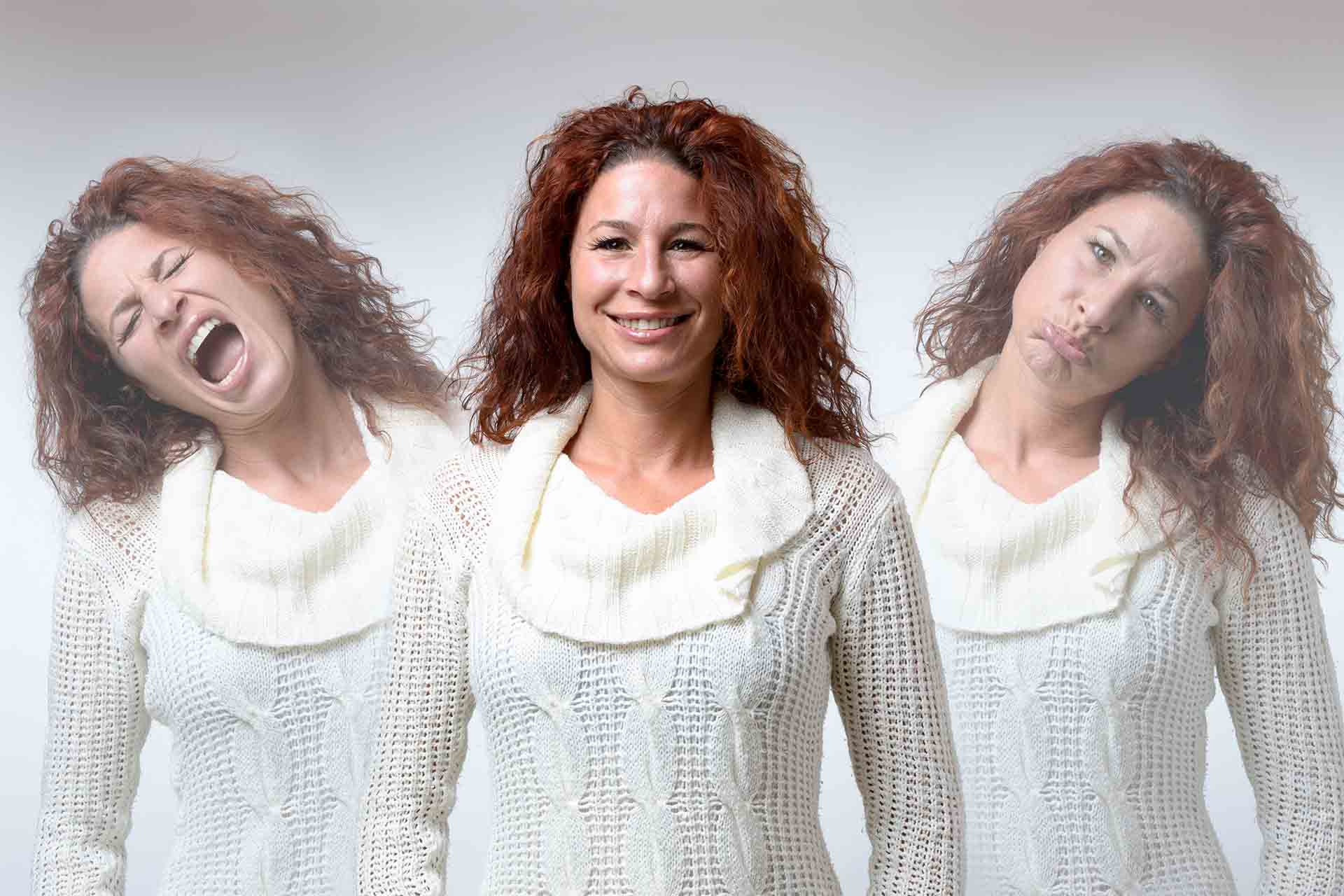A mood disorder is a condition that primarily impacts your emotional state. It’s a condition in which you go through extended phases of extreme happiness, extreme sadness, or both. Other persistent emotions, such as anger and irritation, are a part of several mood disorders. Your mood could shift based on the circumstances, which is natural. However, symptoms must be present for a few weeks or more in order to diagnose a mood disorder. Mood problems may influence your behavior and make it difficult for you to carry out daily tasks.
- Constant feelings of helplessness and hopelessness
- Extreme sadness or nervousness
- Low self-worth
- Loss of interest in activities that were enjoyed before.
- Excessive guilt
- Problems with sleep
- Changes in appetite and/or weight
- Decreased energy
- Lack of concentration or difficulty making decisions
- Thoughts of suicide
Coping with mood disorder involves a multifaceted strategy that combines medication, therapy, and lifestyle modifications. It’s crucial that you stick to the physician’s recommended course of treatment, which may include taking medicine to balance certain chemicals in the brain. Additionally, therapy can help people learn coping mechanisms and identify the triggers that cause mood swings. Lifestyle changes consist of exercise, a balanced diet, stress-reduction techniques, and reduced use of alcohol and drugs. For the successful treatment of mood disorders, it’s essential to have a circle of support that involves family, friends, and medical experts.
Therapy helps in the treatment of mood disorders by providing clients with a safe space in which they can openly share their feelings, thoughts, and behaviors. Therapists collaborate with clients to formulate individualized treatment plans that may include recognizing and changing unhealthy thought patterns, utilizing mindfulness and relaxation techniques, problem-solving and coping mechanisms, and exploring earlier traumatic experiences that may have contributed to the mood disorder. Through therapy, clients gain a better and deeper understanding of their condition, strengthen their emotional control and resilience, and establish plans to regulate their symptoms and enhance their quality of life.
Depression is a state of mind where negative thoughts affect your thinking, feeling and actions. This mental condition leads to impairment in normal activities.
Some of the common causes of depression are:
- Stress
- Traumatic Events
- Physical Health Problems
- Family and relationship problems
- Loss or death of close persons
- Genetics
At TBC, our Lebanese Therapists in Dubai provide therapy sessions in Arabic, French, and English to help clients overcome mental health challenges such as anxiety, depression, and trauma, as well as occupational therapy, psychomotor and speech therapy.
Related Articles

Depression in the UAE: A Comprehensive Guide
Depression in the UAE: A Comprehensive Guide What is Depression? Depression is a serious mood disorder that affects how you feel, think, and handle daily

